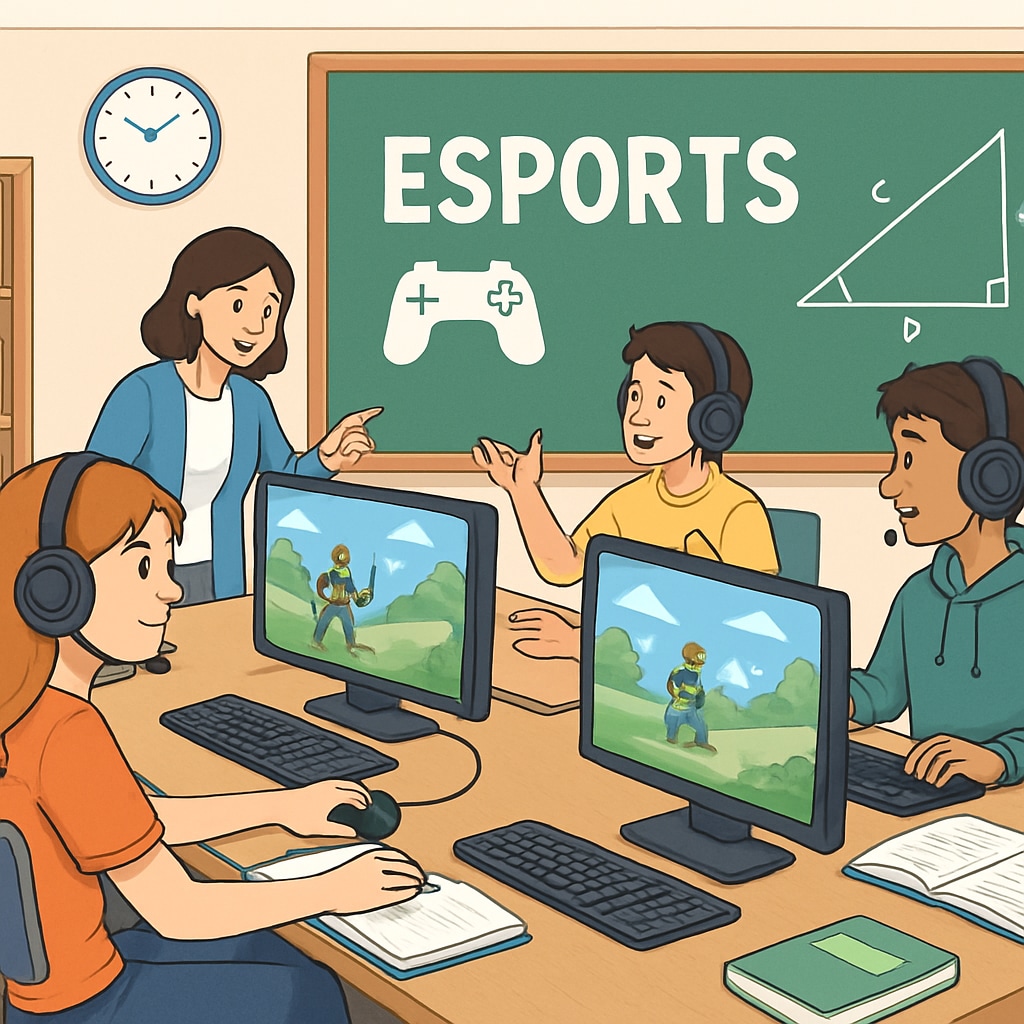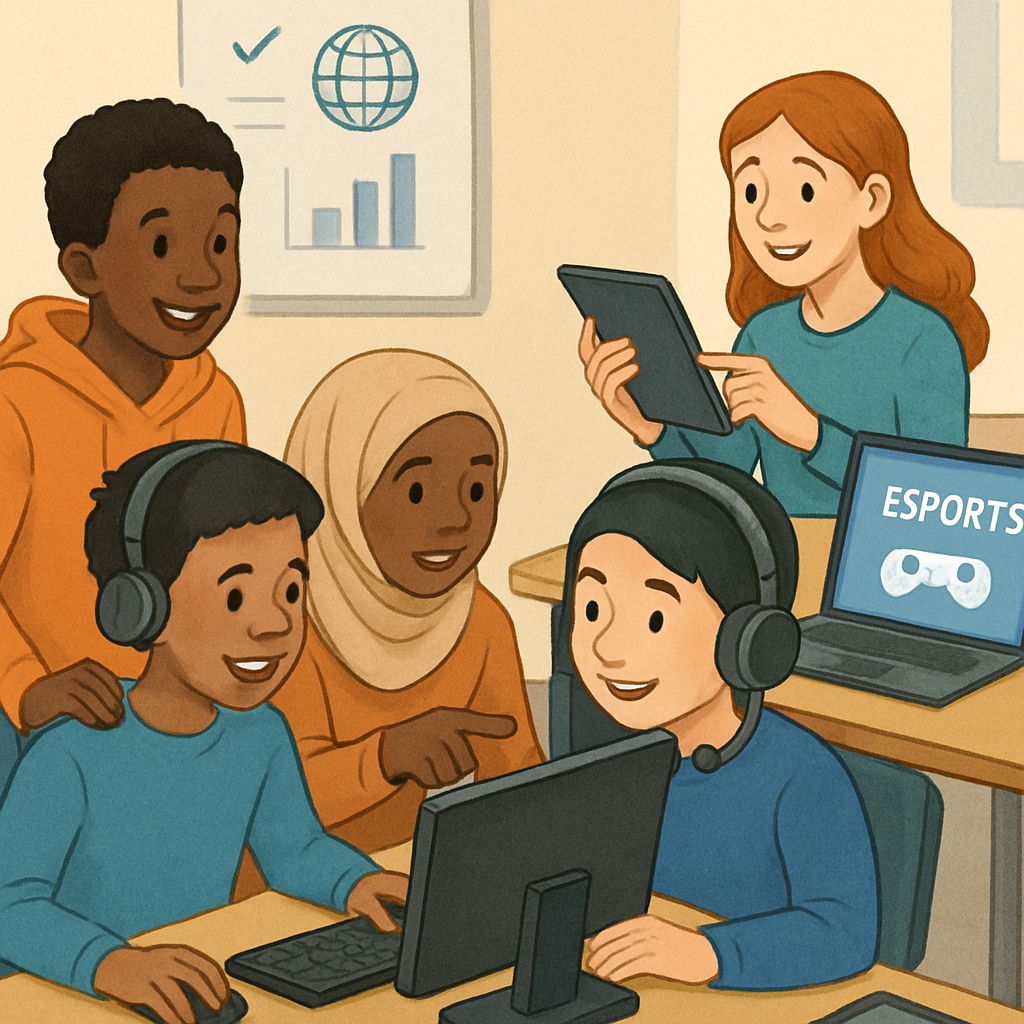In today’s rapidly evolving digital landscape, the fusion of game-based learning, esports, and education is creating groundbreaking opportunities for K12 students worldwide. GameClass, in collaboration with the North America Scholastic Esports Federation (NASEF), is reshaping how students engage with core academic subjects by seamlessly blending electronic gaming with traditional educational content. This innovative partnership is poised to redefine the learning experience for over 9,000 esports clubs globally, setting a new standard for education in the digital age.
Esports and Education: A Winning Combination
Esports (competitive video gaming) has emerged as a global phenomenon, captivating millions of players and viewers. However, its potential extends far beyond entertainment; esports can serve as an effective educational tool. GameClass and NASEF are tapping into this potential by introducing game-based learning strategies into K12 education. By leveraging the universal appeal of gaming, students can connect with subjects such as science, mathematics, and language arts in ways that feel engaging and intuitive.

For example, a history lesson might be transformed into a strategy-based game where students role-play as historical figures, making decisions that impact the course of events. Similarly, STEM subjects can incorporate esports-related challenges like coding game mechanics or analyzing player statistics, blending technical skills with problem-solving abilities.
Global Reach and Impact
With over 9,000 esports clubs participating globally, GameClass and NASEF’s initiative is not limited to one region—it’s a worldwide movement. Schools across different continents are adopting this innovative approach, utilizing the universal language of gaming to foster collaboration, critical thinking, and creativity among students. According to Wikipedia’s page on esports, the gaming industry’s reach extends to billions of users, making it an ideal platform for connecting diverse communities.

In addition, educators are finding that esports provides a unique platform for teaching soft skills like teamwork, communication, and leadership. These skills are critical for success in both academic and professional settings, and integrating them into the curriculum through gaming makes the learning process more dynamic and impactful.
Challenges and Opportunities
While game-based learning is a promising innovation, it does come with challenges. For instance, schools need to ensure that esports platforms are accessible to all students, regardless of socioeconomic background. Furthermore, educators may require specialized training to effectively integrate gaming into lesson plans.
However, these challenges are balanced by significant opportunities. The collaboration between GameClass and NASEF highlights the power of partnerships in overcoming barriers. As a result, students can gain access to cutting-edge resources, such as game design software and esports equipment, which enhance their learning experience. Moreover, organizations like Britannica emphasize the importance of adapting education to meet the needs of the 21st century—a goal that game-based learning directly supports.
Readability guidance: Short paragraphs and lists are used to summarize key points effectively. Active voice dominates the writing style, ensuring clarity and engagement. Transition words like “for example,” “as a result,” and “in addition” are interwoven to improve flow.


